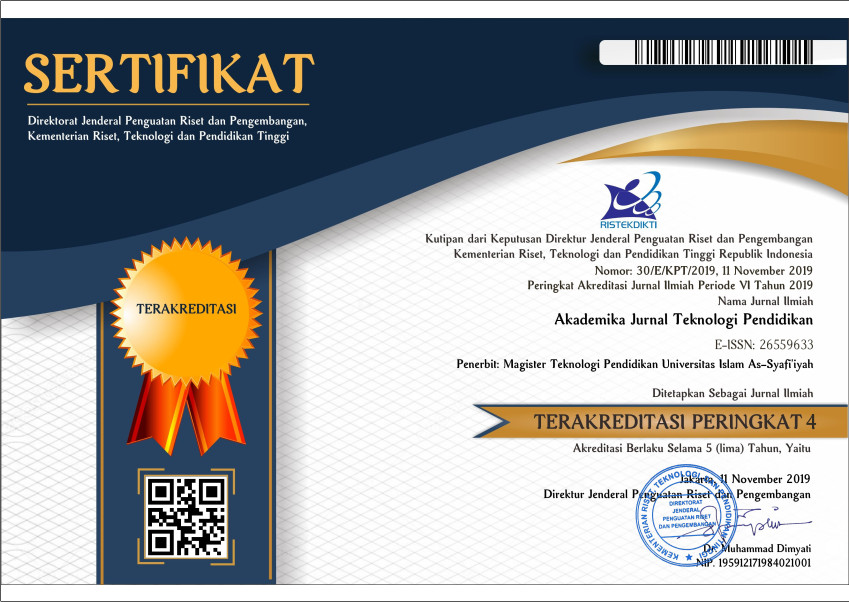EFFECTIVENESS OF COGNITIVE ACADEMIC LANGUAGE LEARNING APPROACH MODEL IN CHINESE LANGUAGE LEARNING
Abstract
Pronunciations of Chinese that are different from Indonesian pronunciation make beginner learners feel difficult and the need for companions in learning Mandarin. Spelling mistakes make meaning mistakes in Chinese. This requires a language learning model. The Cognitive Academic Language Learning Approach(CALLA) model is a language learning model for the development of foreign language skills according to native speakers. So the CALLA model is used for learning Chinese in order to practice self-directed learning and Mandarin phonetics. This study aims to determine the effectiveness of the CALLA model in Chinese learning in 10th grade. The research method used was a quasi-experimental study in 10th grade with data collection in the form of a response questionnaire to assess learning independence and a performance assessment rubric to assess Mandarin phonetics and then analyzed by using the independent sample t-test. The results of t-test are 0.00<0.05 in phonrtic aspect and 0.014<0.05 in self-directed learning. This suggests that the Cognitive Academic Language Learning Approach Model is effectively used ini the 10th grade Mandarin learning in the phonetics and self-directed learning aspect.
This work is licensed under a Creative Commons Attribution 4.0 International License.
Authors who publish with this journal agree to the following terms:
- Authors retain copyright and grant the journal right of first publication with the work simultaneously licensed under a Creative Commons Attribution License that allows others to share the work with an acknowledgement of the work's authorship and initial publication in this journal.
- Authors are able to enter into separate, additional contractual arrangements for the non-exclusive distribution of the journal's published version of the work (e.g., post it to an institutional repository or publish it in a book), with an acknowledgement of its initial publication in this journal.
- Authors are permitted and encouraged to post their work online (e.g., in institutional repositories or on their website) prior to and during the submission process, as it can lead to productive exchanges, as well as earlier and greater citation of published work (See The Effect of Open Access).









